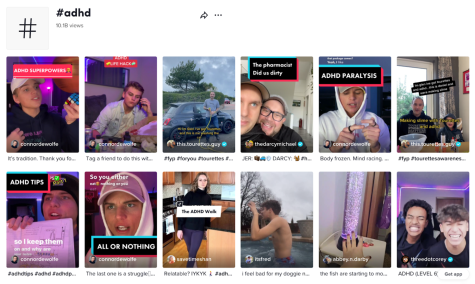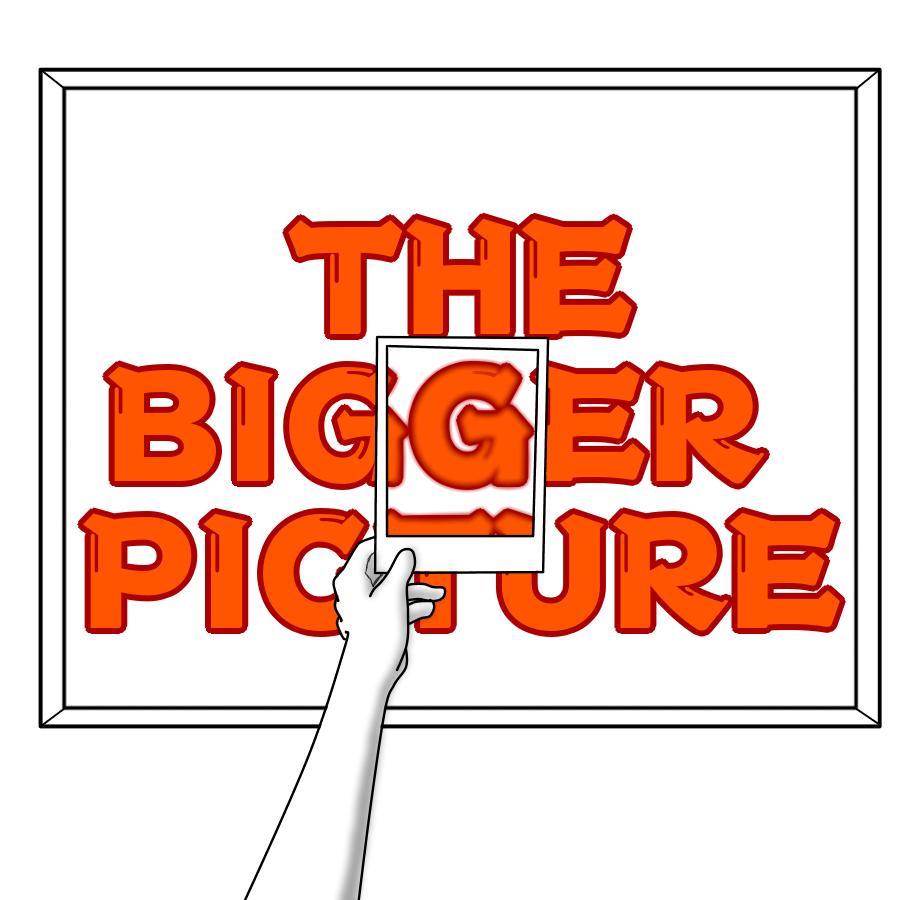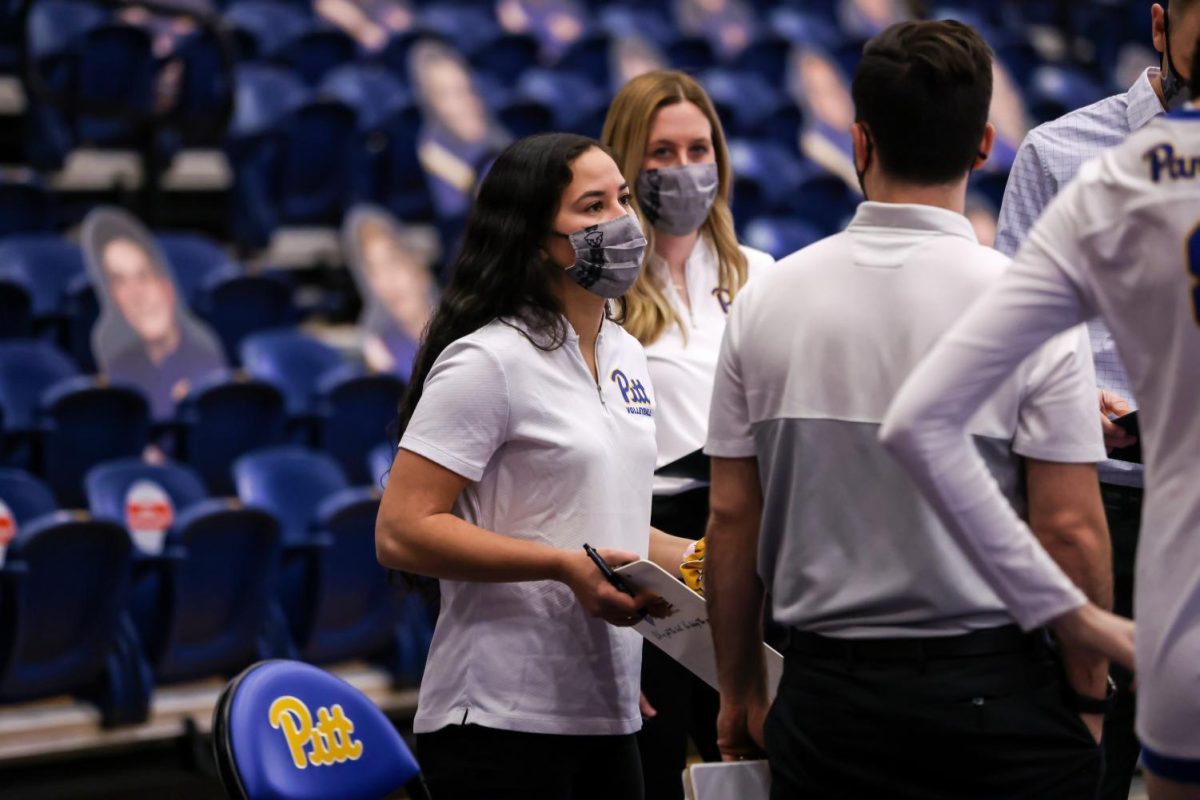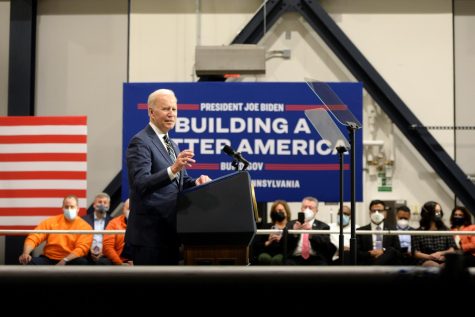The Bigger Picture | Online ADHD treatment
The Bigger Picture is bi-weekly blog diving deep into culture and analyzing it from a sociological standpoint.
March 28, 2022
It was around two years ago when I finally gave in and downloaded TikTok to help remedy my quarantine-induced boredom.
I immediately noticed an onslaught of content aimed at individuals who may or may not have had ADHD. It was a correct algorithmic diagnosis, one that matched what a school psychiatrist gave me in the third grade — informing me of just how powerful the app’s recommendation engine was.
Though I didn’t think much of it at the time, I’m beginning to feel as though this social media content is becoming a harbinger of a possibly worrying trend in health care.

Under the ADHD hashtag, millions of videos — mainly created by individuals with no medical or psychiatric training — have amassed more than 10 billion views.
I’m not alone in thinking ADHD TikTok might be problematic. Speaking to Additude, Dr. Roberto Olivardia of Harvard Medical School thinks this content is overgeneralizing the disorder to the detriment of those who struggle with it.
“What I have typically observed are videos where ADHD gets used so loosely and the person most likely does not have ADHD,” Olivardia said. “Being excited or bubbly does not mean you have ADHD. These videos do a disservice to people who truly have ADHD. It lends to lowering the credibility of the diagnosis.”
It’s perfectly normal for teenagers and adults alike to struggle with homework, household tasks or staying attentive during a conversation. But influencers and corporations would seem to stand to benefit quite a bit from these traits being pathologized and treated.
I watched the rise of the ADHD influencer. It was like a new, worse kind of beauty guru being formulated in front of my eyes. From a creator whose online store sells organizational toolkits to help with ADHD, there is a video explaining how having hobbies is actually “hyperfocusing.” Hyperfocusing is generally characterized as “an intense state of concentration/focus” when “unrelated external stimuli do not appear to be consciously perceived; sometimes reported as a diminished perception of the environment” — a very different experience than having special interests or hobbies. For these creators, there seems to be a vested financial interest in convincing people to self-diagnose themselves.
The TikTok-ADHD marketing pipeline seems to have hit a new mark with sites like Done, a sleek telehealth startup offering treatment options for those with ADHD. The company touts that individuals could get a diagnosis and eventually treatment, all with a single 30-minute consultation.
I’d like to make it clear that it’s absolutely a good thing for mental health to be destigmatized and for treatment to be made more accessible. That being said, it’s unclear thus far whether or not it’s a good thing that pharmaceutical companies and telehealth providers are beginning to join in this movement of “normalizing” mental health.
Still, I can’t help but notice the irony in getting constant advertisements for an online pill-pusher on TikTok, a never-ending channel of videos that appeal to my exact interests and makes it constantly hard for me to put down my phone and do my work.
Colin examines and analyzes everyday life in the modern world. Reach out to him at [email protected].








